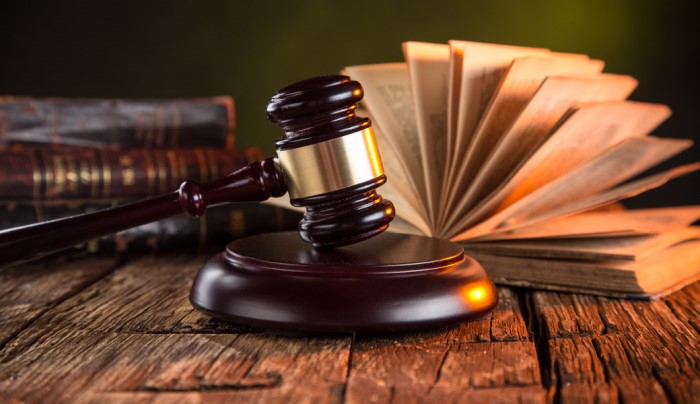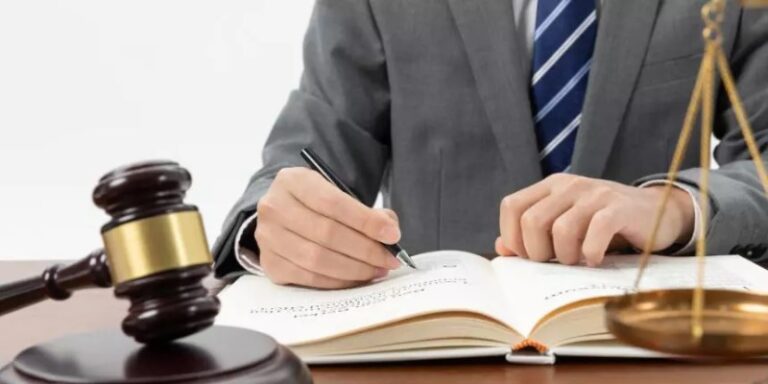Introduction
In today’s fast-paced world, accidents can happen anywhere, including on the road while using company vehicles. When such accidents occur due to driver negligence, it’s essential to understand your rights and options for legal recourse. This article delves into the process of suing a business for driver negligence following a car accident involving a company vehicle.
Understanding Driver Negligence
Driver negligence refers to any careless or reckless behavior exhibited by a driver that leads to an accident. This can include distracted driving, speeding, driving under the influence of alcohol or drugs, or disregarding traffic laws. When an employee’s negligence causes a car accident while operating a company vehicle, both the driver and the employer may be held liable for damages.
Steps to Take After a Car Accident
- Assess the Situation: After a car accident with a company vehicle, prioritize safety. Move to a safe location if possible and check for injuries.
- Contact Emergency Services: Immediately call emergency services to report the accident and request medical assistance if needed.
- Document the Accident: Take photographs of the accident scene, including vehicle damage, road conditions, and any relevant signage. Exchange contact and insurance information with the other party involved.
- Notify Your Employer: Inform your employer about the accident as soon as possible and provide them with a detailed account of what occurred.
Liability in Company Vehicle Accidents
Determining liability in accidents involving company vehicles can be complex. Liability may fall on:
- The Driver: If the driver was negligent or violated traffic laws, they may be personally liable for damages.
- The Employer: Employers can be held vicariously liable for the actions of their employees while performing work-related duties. Additionally, if the employer was negligent in hiring, training, or supervising the driver, they may be directly liable.
- Third Parties: In some cases, other parties such as vehicle manufacturers or maintenance providers may share liability for the accident.
Legal Options for Seeking Compensation
- Filing an Insurance Claim: Start by filing a claim with the employer’s insurance company to seek compensation for damages such as medical expenses, vehicle repair costs, and lost wages.
- Negotiating a Settlement: If the insurance company offers a settlement, carefully review the terms and consider negotiating for a fairer amount with the help of legal counsel.
- Filing a Lawsuit: If a fair settlement cannot be reached, you may choose to file a lawsuit against the negligent driver and/or their employer to pursue compensation through the court system.
Car Accident with a Company Vehicle: Suing a Business for Driver Negligence
When pursuing legal action against a business for driver negligence, it’s essential to gather evidence to support your claim. This may include:
- Eyewitness statements
- Accident reports filed with law enforcement
- Medical records documenting injuries
- Employment records showing the driver’s relationship with the company
- Communication records between the employer and the driver regarding company policies and procedures
Frequently Asked Questions (FAQs)
- How long do I have to file a lawsuit after a car accident with a company vehicle?
- The statute of limitations for filing a lawsuit varies by state but is typically between one to three years from the date of the accident. It’s crucial to consult with a legal professional to understand the specific deadlines that apply to your case.
- Can I sue the employer if the driver was on a personal errand at the time of the accident?
- In general, employers may only be held liable for accidents that occur while the employee is performing work-related duties. If the driver was engaged in personal activities at the time of the accident, the employer’s liability may be limited. However, exceptions may apply, so it’s best to seek legal advice.
- Will my employer retaliate against me for filing a lawsuit?
- It is illegal for employers to retaliate against employees for exercising their legal rights, including filing a lawsuit. If you experience retaliation or discrimination as a result of pursuing legal action, you may have additional legal remedies available to you.
- What types of damages can I recover in a lawsuit against a business for driver negligence?
- Depending on the circumstances of the accident, you may be eligible to recover various types of damages, including medical expenses, lost wages, property damage, pain and suffering, and punitive damages in cases of gross negligence or misconduct.
- Do I need a lawyer to sue a business for driver negligence?
- While you have the right to represent yourself in a legal matter, navigating the complexities of a lawsuit involving a car accident with a company vehicle can be challenging. Hiring an experienced personal injury attorney can help ensure that your rights are protected and that you receive fair compensation for your damages.
- What if the driver was an independent contractor rather than an employee?
- If the driver responsible for the accident was classified as an independent contractor rather than an employee, liability may be more difficult to establish. In such cases, it’s crucial to review the terms of the contract between the driver and the business to determine the extent of the employer’s liability.
Conclusion
Being involved in a car accident with a company vehicle due to driver negligence can be a traumatic experience. However, knowing your rights and legal options can help you navigate the aftermath with confidence. By taking proactive steps, seeking legal guidance, and understanding the complexities of liability, you can pursue fair compensation for your damages and hold responsible parties accountable for their actions.














+ There are no comments
Add yours